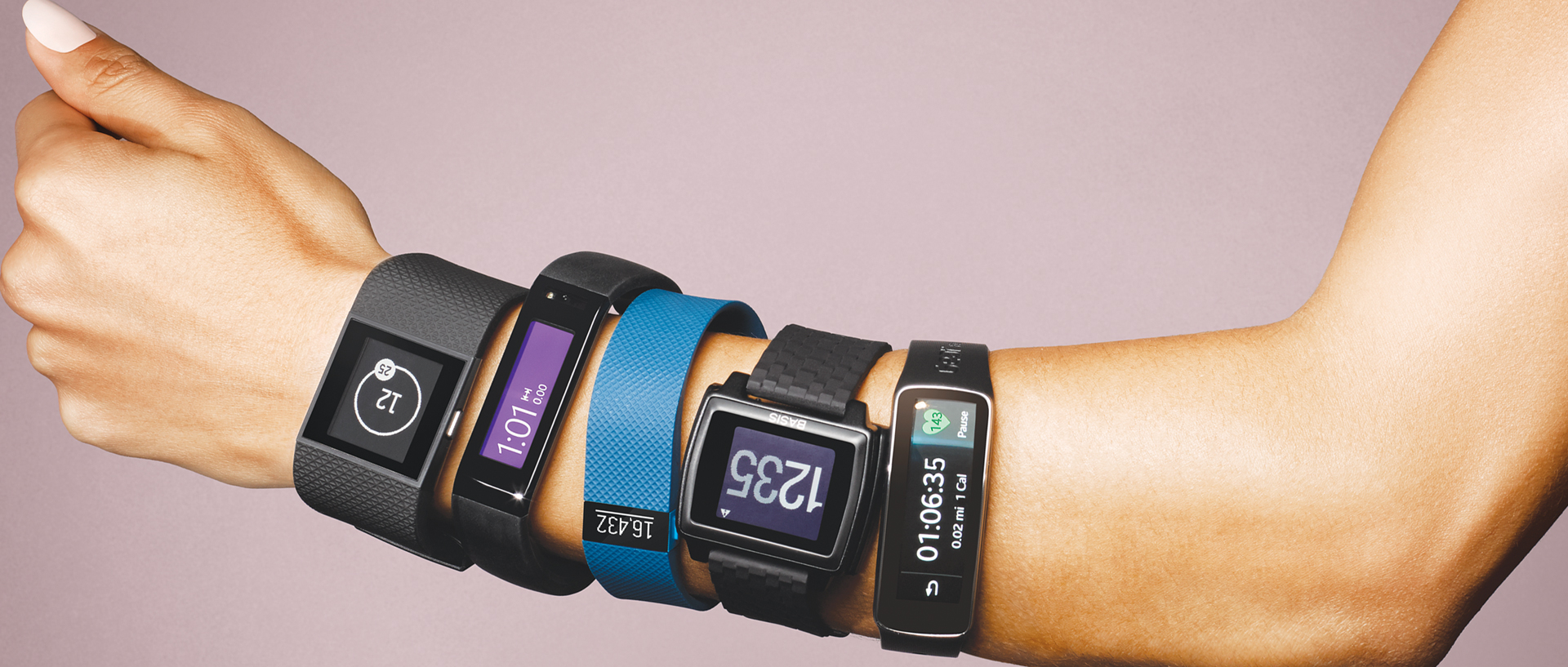This week’s Time magazine has an article on why fitness trackers aren’t making us healthier. This is even as the U.S. market for wearables hits $7 billion this year.

Duh, what a shocker! The piece quotes Eric Finkelstein, a professor at the Duke-NUS Medical School in Singapore, who led the effort, “There’s confusion among people about a measurement tool and an intervention,” Finkelstein says. A scale counts pounds, for example, but won’t teach you how to eat less.
I have quoted the statistic in lots of posts that more than 60 percent of us are overweight and 30 percent outright obese. Time offers the following, “The U.S. has an exercise problem, with 28 percent of Americans ages 50 and over considered wholly inactive. That means 31 million adults move no more than is necessary to perform the most basic functions of daily life.”
Wow. No wonder we have a healthcare crisis. We are killing ourselves with overeating and underexercising, maybe under-moving would be more accurate.
I think this whole thing with the fitness trackers goes back to our hunger for a ‘quick fix.’ How can I drop those extra pounds in a week or two, and with minimum effort? You can’t, at least not in any healthy way.
I know that during the many years I struggled with a weight problem my mind reasoned similarly. I would work at losing the extra pounds so that I could hurry back and indulge in all my bad eating habits. Not surprisingly, my weight yo yo-ed all the time. It wasn’t until I started writing this blog that I came to understand that losing weight is a stop gap measure not a way of life. The idea is to live healthy. If you do that you don’t have to worry about extra pounds. The ones you had will have melted off and you won’t be putting on new ones.
I didn’t create this post to condemn fitness trackers. There is nothing wrong with them. I have an Apple Watch. Got it just after they came out. I love it. I can track my bike rides, stair climbing, dog walks,etc., and get a little report on how many calories I burned, how far I went, my heart rate, how long it took and more. But, the Watch is just a tool. I was doing these things before I got the Watch, I just didn’t have all the information it provides. So, I consider this fitness wearable a positive addition to my way of life. You can read How my Apple Watch promotes my good health if interested.
I have never owned or used a Fitbit or any of those other trackers, but I would imagine that they could fit into your healthy lifestyle in the same way. Just remember, as Professor Finkelstein pointed out, these fitness trackers are measurement tools not an intervention. We still have to make the decision and carry out the actions on our own. Until we adjust our mindset, no amount of neat new gadgets are going to solve our health problems.
Tony










